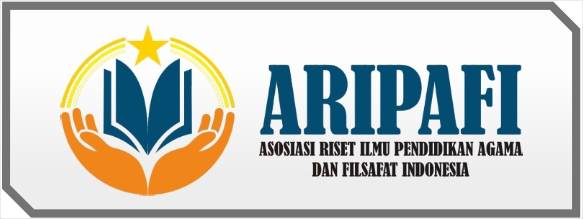Pendidikan Antikorupsi Sebagai Pendidikan Karakter Bagi Peserta Didik Di Madrasah
DOI:
https://doi.org/10.59581/garuda.v1i2.2626Keywords:
Curriculum, Anti-Corruption Education, CharacterAbstract
Corruption is a form of dishonesty or criminal act committed by a person or an organization entrusted with a position of power, to obtain illicit profits or abuse of power for one's personal gain. Corruption can involve a wide range of activities including bribery, influence peddling and embezzlement and may also involve practices that are legal in many countries. Political corruption occurs when officials or other government employees act in an official capacity for personal gain. Corruption is most common in kleptocracy, oligarchy, drug-state, and mafia state. Corruption and crime are endemic sociological events that occur with regular frequency in almost all countries on a global scale in varying degrees and proportions. The latest data shows that corruption is on the rise. Each country allocates domestic resources for the control and regulation of corruption and crime prevention. The strategies undertaken in order to fight corruption are often summarized in the term anti-corruption. In addition, global initiatives such as the United Nations Sustainable Development Goals also have targets that are expected to substantially reduce corruption in all its forms.
References
Aditjondro, George Junus (2002) Bukan Persoalan Telur dan Ayam. Membangun suatu kerangka Analisis yang lebih Holistik bagi gerakan Anti Korupsi di Indonesia. Jurnal
Wacana Edisi 14 Tahun 2002
Aspin, David N & Chapman, Judith D. (2007). Values Education and Lifelong Learning.Springer : Netherland
Dharma, Budi. (2004). Korupsi dan Budaya. dalam Kompas,25/10/2003
Dee Fink,L. (2002).Active learning. Kertas kerja. Tidak diterbitkan
Farida Isroani, (2022) Mengintregasikan Nilai-Nilai Anti Korupsi dalam Pendidikan Agama Islam, Juranal Ar Risalah
Farida Isroani, (2022), Kebijakan Pengembangan Kurikulum Pendidikan Islam: Kurikulum dan Pendekatan Humanistik di Era Digital, Jurnal Ar Risalah
Fishbean,Martin & Icek Ajzen. (1973). Belief, Attitude, Intention and Behafior: An Introduction to Theory and Research.Addison Wesley Publishing : USA
Ghofur,Syaiful Amin (2009) Merancang Kurikulum Pendidikan Antikorupsi. Jurnal Pendidikan Islam. Vol.01, No.01, Juni 2009 ISSN 2085-3033
Harahap, Krisna (2009) Pemberantasan Korupsi pada masa Reformasi. Jurnal of Historical Studies X Juni 2009.
Kauchack, Donald P & Eggen, Paul D. 2008. Learning and Teaching Research Based-Methods.Pearson Education: Boston
Kozulin, Alex (Ed). (2007) Vygotsky"s Educational Theory in Cultural Contect. Cambridge University Press: USA
Lickona, Thomas. 2004. Character Matters.Touchstone : New York
McInerney,Denis M (2006). Developmental Psychology For Teacher. Allen & Unwin :Australia.
Modern Didactic Center (2006)Anti Corruption Education At School. Garnelish Publishing :Vilnius.Lithuania
Pope.J (2003) Strategi Memberantas Korupsi. Yayasan Obor Indonesia: Jakarta
Slavin, Robert E. (1994). Educational Psychology: Theory and Practice. Allyn and Bacon :Boston
Tony Kwok Man-wai, (2002) Formulating an Effective Anti-corruption Strategy: The Experience of Hongkong ICAC













